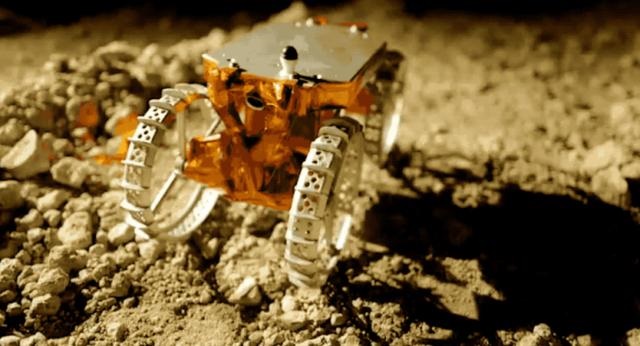Astrobotic, a lunar exploration startup, is working on developing ultra-fast wireless charging technology for its CubeRover, a shoebox-sized lunar robot explorer. The project is funded by NASA`s Tipping Point program to provide 5.8 million U.S. dollars. It will use Seattle-based wireless charging startup WiBotic's expertise in high-speed, short-distance wireless power supply, and introduce Bosch to assist in the development of artificial intelligence-based data Analyze to help the robot find a wireless power docking station.
Existing lunar rover is usually powered by sunlight, but they are actually very large (about the size of a car or larger), and they can absorb rays through solar panels. The initial weight of Astrobotic's rover will be less than 5 pounds. They will not have much area to collect sunlight energy, but will rely on secondary power sources to maintain sufficient energy for exploration.

This is the role of WiBotic. The startup will work with the University of Washington to develop a "lightweight, ultra-fast, short-range charging solution that is a compromise between a base station and a power receiver" specifically for space applications. But finding these sites will be its own special challenge-especially in the lunar environment, GPS and other things will not work. Instead, Bosch will use the data collected from the sensors on the robot to generate sensor fusion results to provide it with autonomous navigation capabilities. This work will help future rover not only navigate to power stations, but also navigate to various destinations on the lunar surface as robotic science and exploration tasks increase.
The goal is to prepare a demonstration rover charging system sometime in 2023, and the partners will work with NASA’s Glenn Research Center to test the technology in the facility’s thermal vacuum chamber test laboratory.

